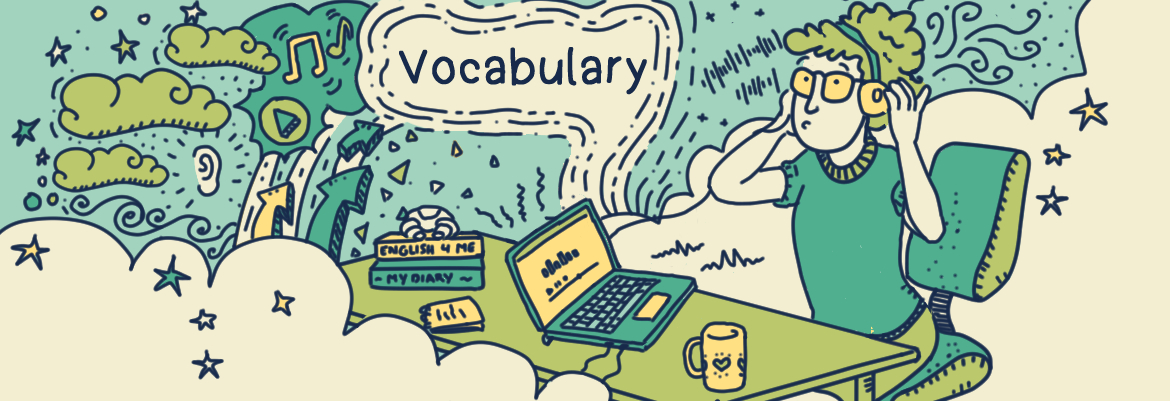SENTIMIENTOS Y EMOCIONES
Algunas veces, después de hablar sobre algunos aspectos, también queremos expresar nuestros sentimientos y emociones. Es muy importante porque queremos hacer entender a otros cómo nos sentimos en un momento determinado de nuestras vidas y con qué intensidad lo vivimos.
En esta unidad, verás frases que te van a ayudar a describir y explicar tus sentimientos a otras personas.
PREGUNTAR A OTROS POR SUS SENTIMIENTOS
En primer lugar, vamos a ver cómo puedes preguntar a otras personas sobre sus sentimientos. Hay más de una forma de hacerlo. Fíjate:
-How are you today?
-How are you feeling today?
-You look angry. Are you all right/OK?
-What's wrong?
-What's the matter?
-Are you sad / glad, etc.?
Las respuestas apropiadas a las preguntas anteriores pueden ser una de las siguientes:
-I’m sad about...
-To be honest, I feel a little upset because...
-I feel fine/sad, etc, but my day ... .
-I am a little bit angry at someone because...
-I’m very happy about...
-The thing is that I’m a bit stressed today.
Por ejemplo:
I’m sad about the situation I have at work.
To be honest, I feel a little upset because I couldn’t go to the gym today.
I feel fine, but my day wasn’t that great.
I’m a little bit angry at my husband because he lost his keys.
I’m very happy about my new job.
ADJETIVOS
Si tienes que usar adjetivos después de un verbo, en el caso de to be o to feel, normalmente se colocan detrás del verbo. Y, ¿qué va después del adjetivo? Aquí tienes diferentes opciones:
1. Puede ir seguido de to-infinitive + verb.
2. Seguido de preposition + noun.
3. También puedes utilizar un adverbio de tiempo o de lugar detrás del adjetivo.
Por ejemplo:
I feel really happy to find out about the news.
I feel really happy about the news I heard yesterday.
I feel happy here.
I’m very grateful to have your support.
I’m very grateful for your support.
I feel very grateful today.
SENTIMIENTOS POSITIVOS
Mira ahora las palabras que puedes utilizar para hablar de sentimientos positivos:
-Happy
-Grateful
-Lucky
-Relaxed
-Excited
-Surprised
-Cheerful
Ejemplos:
To be honest, I’m lucky to have good friends.
I feel so relaxed during the weekend.
She was so excited to find out that she is going to have a baby.
They were pleasantly surprised about a salary raise their company gave.
He feels so cheerful when he takes care of his plants.
SENTIMIENTOS NEGATIVOS
Y, aquí, tienes palabras que puedes utilizar para hablar sobre sentimientos negativos:
-Sad/upset
-Angry
-Unhappy
-Embarrassed
-Worried
-Bored
-Helpless
Mira cómo puedes usarlas:
I was quite upset about the weather.
She was angry at her boss for giving her a lot of work to do.
He was so unhappy about the test they’ve run on his computer.
We felt embarrassed when the teachers found out that we couldn’t swim.
They were worried about the new managing director being too strict.
I was bored because I didn’t like the movie.
To be honest, these people were helpless; they just couldn’t learn a couple of simple things.
Y, ahora, a practicar.
DESTREZAS
Si quieres practicar el reading con este tema, te animo a que leas los siguientes artículos:
-Artículo 1: 13 things of high emotional intelligence
-Artículo 2: Anger management: 10 tips to tame your temper
También puedes ver estos videos para practicar el listening:
- Video 1: Emotions and Change: How are you feeling in the middle of change?
- Video 2: How your emotions change the shape of your heart
Para practicar el writing, clica aquí y haz la actividad.
Te recomiendo que contestes a las siguientes preguntas para practicar el speaking :
-Are you a sensitive person? Are you more emotional or less emotional than other people? What makes you think so?
-Can you control your emotions well? How?
-When are emotions a problem?
-Are you generally a positive person or a negative person?
-Do you find it easy to explain your feelings to another person? If not, why is it difficult?
-What makes you feel very good?
-Is there a limit to how often we can feel good? In other words, if you feel good now, does that mean you will feel bad at some time later?
-Is sadness always a bad feeling? Are there good types of sadness and bad types of sadness? Give an example if you can.
-What makes you feel sad?
-If you're feeling down, how can you make yourself feel better?


Comments are closed.